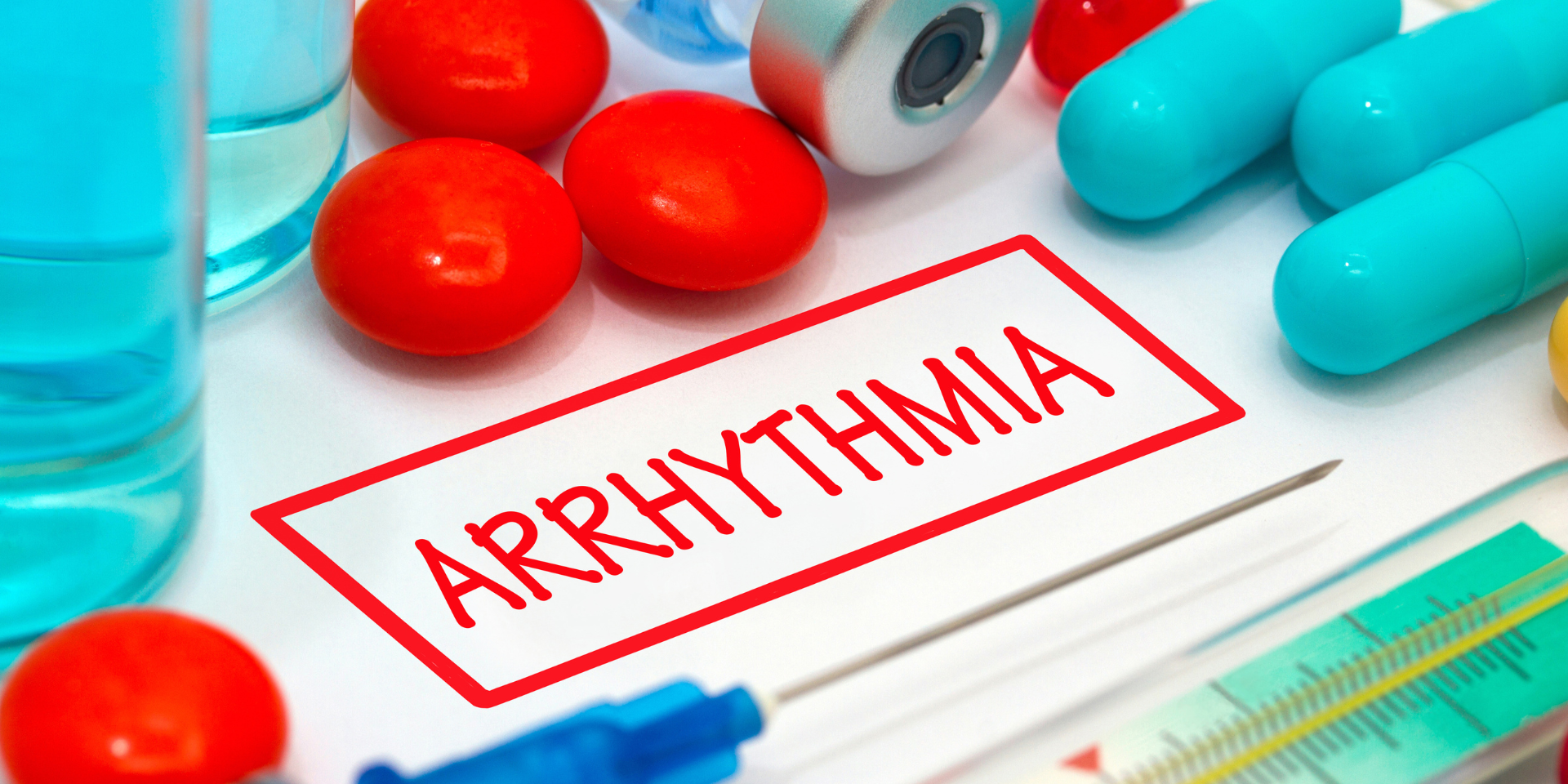
14 Mar Ultimate Guide to Prevent Irregular Heartbeat (Arrhythmia)
An irregular heartbeat, also known as arrhythmia, is a condition in which the heart beats too fast, too slow, or irregularly. It can cause a variety of symptoms, including dizziness, shortness of breath, chest pain, and fatigue. In severe cases, it can lead to heart failure or stroke. While arrhythmia cannot always be prevented, there are several lifestyle changes you can make to reduce your risk. In this article, we will discuss some of the ways to prevent arrhythmia.
1. Maintain a healthy weight
One of the risk factors for arrhythmia is being overweight or obese. Excess weight can strain the heart and increase the risk of high blood pressure, high cholesterol, and diabetes. By maintaining a healthy weight, you can reduce your risk of developing these conditions, which in turn can help prevent arrhythmia.
2. Exercise regularly
Regular exercise is essential for maintaining good heart health. It can help reduce your risk of developing high blood pressure, high cholesterol, and diabetes. It can also improve your heart’s ability to pump blood and reduce the risk of arrhythmia. Aim for at least 30 minutes of moderate-intensity exercise, such as brisk walking or cycling, most days of the week.
3. Eat a healthy diet
Eating a healthy diet can help reduce your risk of developing a range of heart conditions, including arrhythmia. Focus on eating a variety of fruits and vegetables, whole grains, lean protein, and healthy fats. Avoid processed and sugary foods, which can increase your risk of developing high blood pressure, high cholesterol, and diabetes.
4. Limit alcohol and caffeine intake
Excessive alcohol and caffeine consumption can both trigger arrhythmia. If you have a history of arrhythmia or are at risk of developing it, it is best to limit your alcohol and caffeine intake. Stick to no more than one or two drinks per day and avoid caffeine in the afternoon and evening.
5. Manage stress
Stress can trigger arrhythmia in some people. It is important to find healthy ways to manage stress, such as exercise, meditation, or talking to a therapist. If you find that you are experiencing frequent episodes of arrhythmia during times of stress, talk to your doctor.
6. Quit smoking
Smoking is a significant risk factor for a range of heart conditions, including arrhythmia. By quitting smoking, you can reduce your risk of developing these conditions and improve your overall heart health.
7. Get enough sleep
Poor sleep can increase the risk of developing a range of heart conditions, including arrhythmia. Aim to get seven to eight hours of sleep per night and establish a regular sleep routine to improve the quality of your sleep.
8. Manage underlying medical conditions
If you have an underlying medical condition, such as high blood pressure, high cholesterol, or diabetes, it is essential to manage it effectively. This can help reduce your risk of developing arrhythmia.
9. Take medications as prescribed
If you have been prescribed medication for an underlying medical condition or for arrhythmia, it is important to take it as prescribed. Skipping doses or stopping medication without consulting your doctor can increase your risk of developing arrhythmia or other complications.
10. See your doctor regularly Regular
check-ups with your doctor can help identify any underlying medical conditions that could increase your risk of developing arrhythmia. Your doctor can also monitor your heart health and recommend any necessary lifestyle changes or treatments.
In conclusion, while arrhythmia cannot always be prevented, adopting a healthy lifestyle can significantly reduce your risk. Maintaining a healthy weight, exercising regularly, eating a healthy diet, limiting alcohol and caffeine intake, managing stress, quitting smoking, getting enough sleep, managing underlying medical conditions, taking medications as prescribed, and seeing your

No Comments